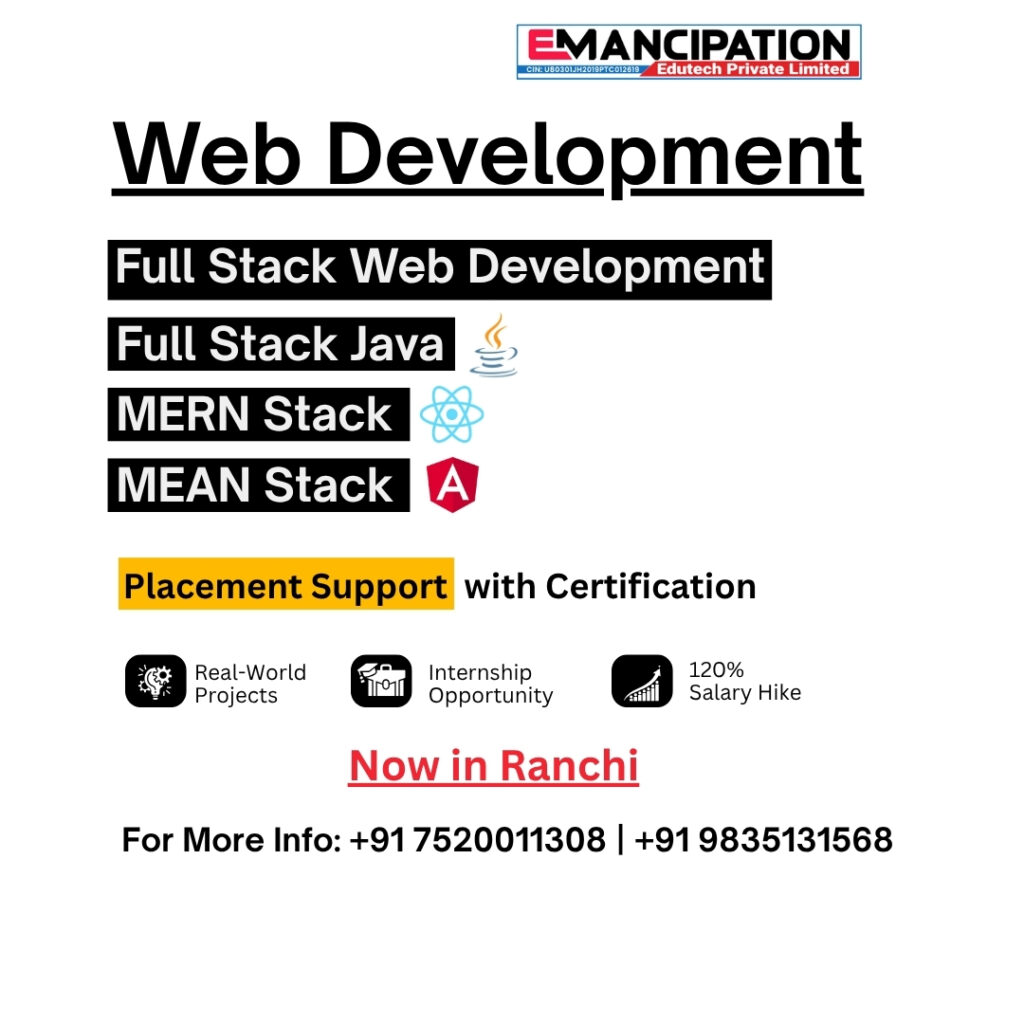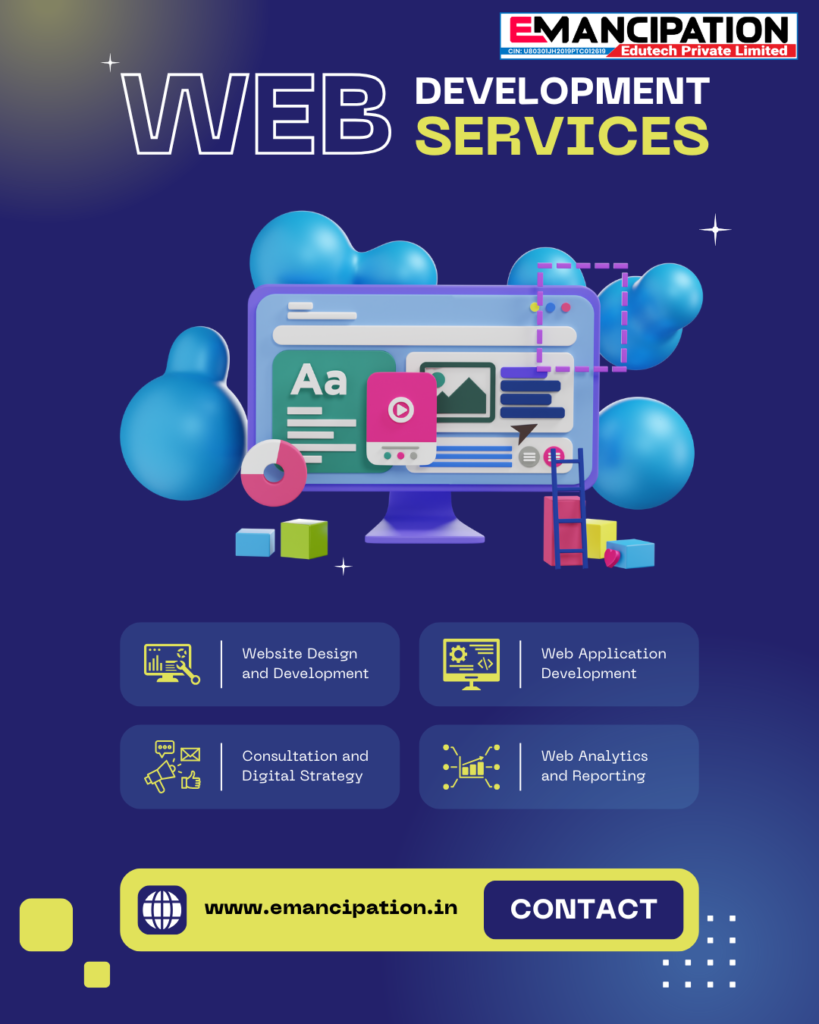Frontend development is evolving faster than ever. With AI-driven workflows, modern JavaScript frameworks, and advanced browser capabilities, 2025 is an exciting year for anyone starting their journey. If you want to build websites, apps, user interfaces, or interactive digital experiences, following a structured Frontend development roadmap will help you learn faster and become job-ready.
In this guide, you’ll learn the essential skills, tools, and technologies you need to master frontend development in 2025—step by step.
⭐ Why Frontend Development Is a Great Career in 2025
The demand for frontend developers is rising due to:
- Growth of SaaS and web applications
- AI-driven interfaces
- E-commerce expansion
- Mobile-first user expectations
- Need for fast, responsive, and accessible websites
Companies want developers who can build smooth, modern interfaces—and that is exactly where the Frontend development roadmap begins.
🧭 Frontend Development Roadmap 2025 (Complete Beginner Guide)
Below is the clearest and most updated roadmap for anyone starting frontend development in 2025. Follow each step in sequence.
1. Master the Foundations: HTML, CSS, JavaScript
These are the core pillars of frontend development. Without mastering them, you cannot move ahead.
🔹 HTML (Structure)
- Semantic tags (header, article, section)
- Forms & validation
- SEO basics
🔹 CSS (Styling)
- Flexbox & Grid
- Responsive design
- Media queries
- Transitions & animations
🔹 JavaScript (Logic)
- Variables, loops, functions
- DOM manipulation
- Events
- Fetch API & JSON
- ES6+ features
This foundation is the starting point of every Frontend development roadmap.
2. Version Control with Git & GitHub
Every developer in 2025 must know Git.
Learn:
- Cloning & pushing
- Branching
- Pull requests
- Merge conflicts
These skills help you work in teams and manage real-world projects.
3. Learn a Modern CSS Framework
Styling from scratch is good for understanding basics, but CSS frameworks speed up development.
Best options in 2025:
- Tailwind CSS (most popular)
- Bootstrap (still widely used)
- Material UI (for React developers)
Tailwind remains the top pick for developers following a Frontend development roadmap because it’s fast, customizable, and perfect for modern UI design.
4. Choose a JavaScript Framework (One Only)
In 2025, the three most in-demand frontend frameworks are:
⭐ React (Most Popular)
- Large community
- Works with Next.js
- Used by top companies
⚡ Vue.js (Beginner-friendly)
- Lightweight
- Great documentation
🚀 Angular (Enterprise choice)
- Very structured
- Best for large teams
For most beginners, React is ideal and dominates the job market.
5. Next.js for Modern Web Apps (2025 Essential)
Next.js is now the industry standard for building production-ready web applications.
Why Next.js is essential:
- Server-side rendering (SSR)
- Static site generation (SSG)
- Built-in routing
- API routes
- Optimized performance
In 2025, companies look for developers who understand React + Next.js together.
6. Learn TypeScript (No Longer Optional)
TypeScript has become a must-know technology in large projects because it prevents bugs and makes code more predictable.
What to learn:
- Types & interfaces
- Generics
- Type inference
- Working with APIs
- React + TypeScript setup
Adding TypeScript to your Frontend development roadmap significantly boosts your job prospects.
7. APIs & Backend Basics for Frontend Developers
You don’t need to become a backend engineer, but you must understand how APIs work.
Learn:
- REST APIs
- JSON
- Authentication (JWT, OAuth)
- Calling APIs using Fetch or Axios
Optional but useful:
- Basic Node.js
- Express.js fundamentals
You should be able to connect your frontend to a real backend API.
8. UI/UX Essentials (Every Frontend Developer Needs This)
Good UI and UX knowledge makes you stand out from average developers.
Learn:
- Color theory
- Layout principles
- Typography
- Wireframing
- Prototyping tools: Figma or Adobe XD
In 2025, companies expect developers to build interfaces that are functional and beautiful.
9. State Management
For large applications, managing data becomes complex.
Tools to learn:
- React Query
- Redux Toolkit
- Zustand
- Vuex (if using Vue)
React developers should at least know Redux Toolkit or Zustand.
10. Testing Basics (Beginner Level)
Start with simple testing concepts:
- Unit testing with Jest
- Component testing with React Testing Library
- End-to-end testing with Cypress (optional)
Not mandatory for beginners—but very beneficial.
11. Build Projects (The Most Important Step)
Your portfolio matters more than certificates.
Project Ideas for Beginners:
- Personal portfolio website
- Responsive landing page
- Weather app using API
- To-Do app (React/Next.js)
- E-commerce UI
- Dashboard with charts
The more projects you build, the stronger your skills become.
12. Deploy Your Projects (Show Them to the World)
Learn to deploy using tools like:
- Vercel (best for React/Next.js)
- Netlify
- GitHub Pages
- Cloudflare Pages
Deployment is a key part of any Frontend development roadmap because employers want to see live examples of your work.
🚀 AI Tools Frontend Developers Use in 2025
AI has transformed frontend development by speeding up workflows.
Learn tools like:
- GitHub Copilot
- ChatGPT (code generation & debugging)
- Figma AI
- Code refactoring AI tools
AI won’t replace developers, but developers who use AI will replace those who don’t.
🎯 Final Thoughts
If you’re starting your journey in 2025, this Frontend development roadmap gives you the clearest path from beginner to job-ready developer. The key is consistency—learn the fundamentals, build projects, use modern tools, and keep exploring new technologies.
Frontend development is one of the most rewarding, creative, and high-growth career options today. With the right roadmap and dedication, you can build amazing interfaces and become a professional developer.



